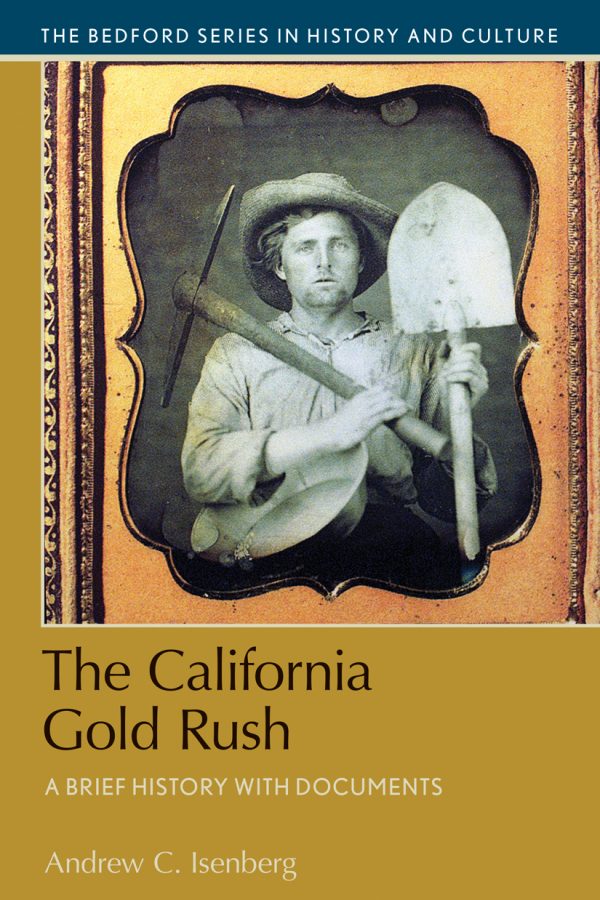The California Gold Rush
$17.99 $4.50
This is a digital product.
Lifetime, High Quality, Printable.
The story of the California Gold Rush is one of unanticipated, rapid, and momentous change. In 1848, California was a remote and underpopulated province of Mexico; by 1850 it had become part of the United States and produced one-third of the gold in the world. Popularly, the Gold Rush is remembered as a pleasant adventure in which many prospectors not only became wealthy but furthered national expansion. Yet few prospectors struck it rich, the Gold Rush was characterized by appalling violence, and the environmental consequences of mining were devastating. In this volume, Andrew C. Isenberg confronts these controversies and paradoxes directly. The collection focuses on the social and environmental context and consequences of the Gold Rush, and considers, in the final section, whether the popular memory and scholarly understanding of the Gold Rush reflect that context and those consequences. A Chronology, Questions for Consideration, maps, and a Selected Bibliography all enrich students’ understanding of the California Gold Rush.
Additional ISBNs: 9781457671647, 1457671646, 9781319068585, 1319068588
Q & A
Ask a question
Your question will be answered by a store representative or other customers.
This site is protected by reCAPTCHA and the Google Privacy Policy and Terms of Service apply.
Thank you for the question!
Your question has been received and will be answered soon. Please do not submit the same question again.
Error
An error occurred when saving your question. Please report it to the website administrator. Additional information:
Add an answer
This site is protected by reCAPTCHA and the Google Privacy Policy and Terms of Service apply.
Thank you for the answer!
Your answer has been received and will be published soon. Please do not submit the same answer again.
Error
An error occurred when saving your answer. Please report it to the website administrator. Additional information:
File formart download: PDF or EPUB. (You will receive a download link for the file in one of two formats: PDF or EPUB.)
Enter your Email correctly. Download link is sent to your Email.
Related products
General
History
General
Ancient















Reviews
There are no reviews yet